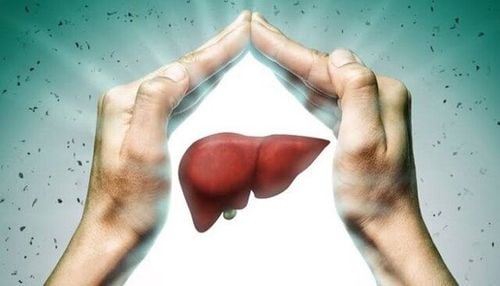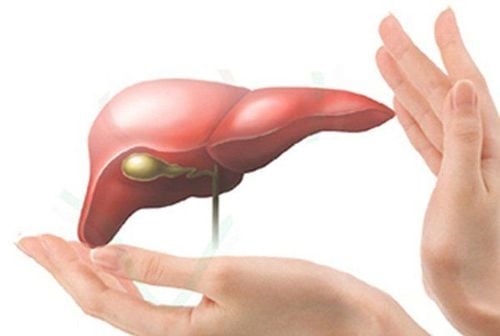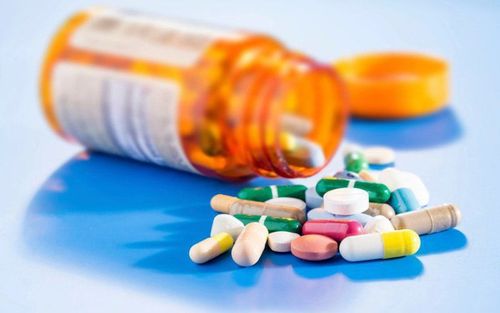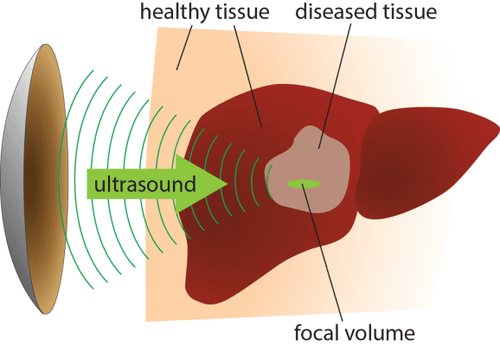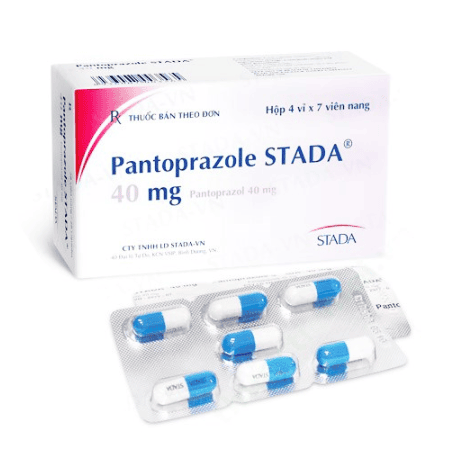This is an automatically translated article.
The article was professionally consulted by Specialist Doctor I Le Nguyen Hong Tram - Gastroenterologist - Department of Medical Examination & Internal Medicine - Vinmec Nha Trang International General HospitalThe liver is the second largest organ and is responsible for many important functions including removing toxins from the body, fighting infections, controlling cholesterol levels and aiding digestion. However, liver health is often overlooked because there are not many obvious signs or symptoms in the early stages that indicate that we may be suffering from liver problems. So check out our 7 ways to take care of your liver and find out what you need to do to keep your liver healthy.
1. Is detoxification or liver cleansing effective?
Everyone's liver doesn't stop working. It has hundreds of jobs, including filtering toxins out of the blood, balancing macro and micronutrients, and regulating hormones. Most of the time, we don't even know it's working. Even if it stops working properly, we may not notice anything out of the ordinary. But an unnoticed liver condition can progress to liver failure, a life-threatening condition.Fortunately, there are many things we can do to prevent liver disease. You may have heard that detoxing is a good way to keep your liver healthy.
Nowadays, there are drugs for liver detoxification everywhere. They often involve diets, teas, juices, vitamins, supplements, or a combination of products intended to flush toxins out of your body and help you lose weight. These foods or supplements are based on the idea that chemicals and toxins are constantly accumulating in one's liver. But that is a misconception.
Actually, the liver does not allow harmful substances to accumulate. When a toxin enters your body, your liver quickly converts it into something less harmful. Finally, it is eliminated. There is nothing we can do to help this process. If the liver does not do this work on its own, our body will have difficulty working.
No wonder there is no scientific evidence that detoxing and cleansing the liver actually has a positive effect. And because products like teas and supplements are not regulated in the same way as drugs, their long-term side effects are often not known. If you take too much and often, these products can even harm your liver. Adopting a healthy lifestyle is a much better strategy to keep your liver safe and working properly.
2. 7 ways to improve your liver health
Your daily food choices and lifestyle habits can affect liver health in the long run. While the ways below may not seem like a simple one-time cleanse, they are much more likely to protect your liver and keep it healthy.2.1. Limit alcohol intake Our liver processes all alcoholic beverages the body consumes, including wine, beer and other stimulants. The more alcohol you drink, the harder your liver has to work. Over time, drinking too much can be harmful, destroying liver cells. Alcohol-related liver disease (ARLD) includes several different liver conditions such as:
Alcoholic fatty liver disease Acute alcoholic hepatitis Alcoholic cirrhosis To avoid alcohol-related liver disease, follow Alcohol recommendations are outlined in the 2015-2020 Dietary Guidelines for Americans. That's just one drink per day for women and two per day for men.
Also, avoid mixing alcohol and drugs, which will put undue stress on our liver.

2.2. Monitor your own medication use All drugs - whether over-the-counter or prescription drugs - eventually pass through the liver, where they are broken down. Most medications are safe for the liver when taken as directed by your doctor. However, taking too many drugs, taking them too often, of the wrong kind, or taking many drugs at once can harm our liver.
Acetaminophen (Tylenol) is an example of a common over-the-counter drug that can have serious consequences for the liver when taken incorrectly. Patients should never take more than 1,000 milligrams (mg) of acetaminophen at one time, or exceed the maximum dose of 3,000 mg per day. Do not mix acetaminophen and alcohol.
If you are concerned about how a medicine may affect your liver, talk to your doctor or pharmacist before taking it. You may also have your liver checked before and after you start a new medication.
2.3. Don't assume supplements are good for your liver Like drugs, supplements like vitamins, minerals, herbs, and natural supplements are also processed by our liver. Just because a product is natural doesn't mean it won't have long-term consequences for the liver. In fact, many seemingly harmless products have the potential to cause damage to the liver as well as many other parts of the body.
A 2017 article published in the journal Gastroenterology & Hepatology identifies performance-enhancing and weight-loss supplements that are potentially harmful to the liver. Green tea extract is another popular herbal supplement that can affect our liver. Even vitamins, especially vitamin A and niacin, can cause liver damage if taken in excess. To avoid liver complications, talk to your doctor before taking supplements.
2.4. Adopt a liver-friendly diet This is not surprising, but diet plays a very important role in the overall health of the liver. To make sure your diet is healthy for your liver in the long run, try the following:
Eat a variety of foods. Choose whole grains, fruits and vegetables, lean protein, dairy, and healthy fats. Foods like grapefruit, blueberries, nuts, and fatty fish are known to benefit the liver. Get enough fiber. Fiber is essential to keep your liver functioning smoothly. Fruits, vegetables, and whole grains are great sources of fiber to incorporate into your diet. Keep enough water. Make sure you drink enough water every day to keep your liver functioning properly. Limit fatty, sugary and salty foods. Foods that are high in fat, sugar, and salt can affect liver function over time. Fried and fast foods can also affect liver health. Drinking coffee. Coffee has been shown to help reduce the risk of liver diseases such as cirrhosis and liver cancer. It works by preventing the accumulation of fat and collagen, two factors that cause liver disease. 2.5. Regular exercise Physical activity is not only good for the musculoskeletal system and the heart. It is also good for your liver.
Research from 2018 looked at the role of exercise in nonalcoholic fatty liver disease (NAFLD) - currently one of the most common liver diseases. The researchers concluded that both cardiovascular and resistance exercise helped prevent fat accumulation in the liver. Fat accumulation is associated with nonalcoholic fatty liver disease.
We don't need to train like professional athletes to reap these benefits. Just start exercising today by going for a brisk walk, taking an online exercise class, or riding a bike.
2.6. Learn to prevent hepatitis Hepatitis is a disease that causes inflammation of the liver. Some types of hepatitis cause only acute, short-term symptoms (hepatitis A), while others are long-term (hepatitis B and C). We can completely protect ourselves against hepatitis by understanding how the most common forms are spread.
Hepatitis A is transmitted by consuming food or water contaminated with the feces of a person with hepatitis A. Hepatitis B is transmitted by contact with the bodily fluids of a person with hepatitis B. Body fluids include blood, vaginal discharge, and semen. Hepatitis C is transmitted through contact with the bodily fluids of an infected person.
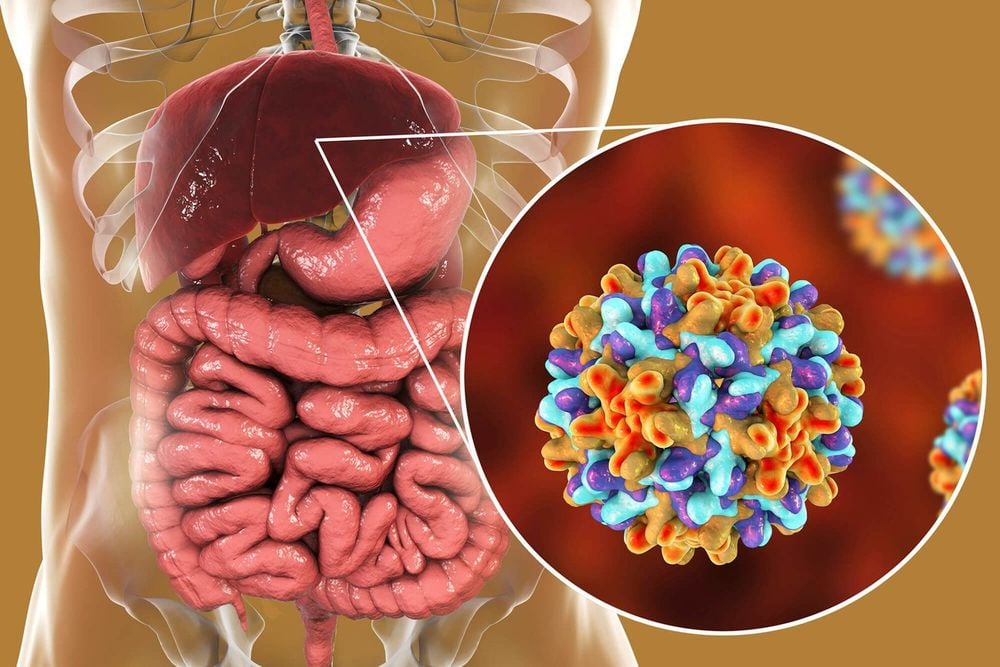
Practice good hygiene. Wash your hands often and use hand sanitizer. Take extra precautions when traveling. Learn more about hepatitis risks in the area we visit. Avoid using tap water, ice, unwashed fruits or vegetables. Do not share personal items. Keep your toothbrush and razor to yourself. If you use intravenous (IV) drugs, do not share needles. Make sure the needle is disinfected. Before getting a tattoo or piercing, make sure the studio uses disposable needles or an autoclave to sterilize the needles. Practice safer sex. If you have sex with multiple partners, use condoms to reduce your risk of contracting hepatitis B and C. Get vaccinated. Vaccination can help you avoid getting hepatitis A and B. There is currently no vaccine for hepatitis C. 2.7. Limiting exposure to environmental toxins The liver not only processes chemicals that enter the body through the mouth, but also processes chemicals that enter through our nose and skin. Some everyday household products contain toxins that can damage the liver, especially if you are exposed to them regularly.
To prevent long-term damage to the liver, choose organic cleaning products and techniques to clean your home. Avoid using pesticides and herbicides in your home's yard or take precautions to avoid breathing in chemical fumes.
If you must use chemicals or aerosols indoors - for example for painting - make sure your space is well ventilated. If not, wear a mask.
Although liver detoxification and cleansing have become popular, there is no scientific proof that they actually work. And because many of these products are not administered in the same way as drugs, little is known about their effectiveness and long-term side effects. The liver cleanse is based on the idea that chemicals and toxins constantly build up in your system, but that is a misconception. Instead of opting for a liver detox, a safer option is to focus on healthy lifestyle choices and habits. Some of the liver-friendly habits that have been tested include eating a balanced diet, exercising regularly, and protecting yourself from harmful drugs, liver disease, and environmental toxins.
Vinmec International General Hospital is a prestigious address for liver problems with a team of highly qualified and experienced doctors in the field of hepatobiliary disease screening with the support of equipment, Modern medical facilities will help to accurately identify liver related problems.
Please dial HOTLINE for more information or register for an appointment HERE. Download MyVinmec app to make appointments faster and to manage your bookings easily.
Reference sources: news24.com, healthline.com




